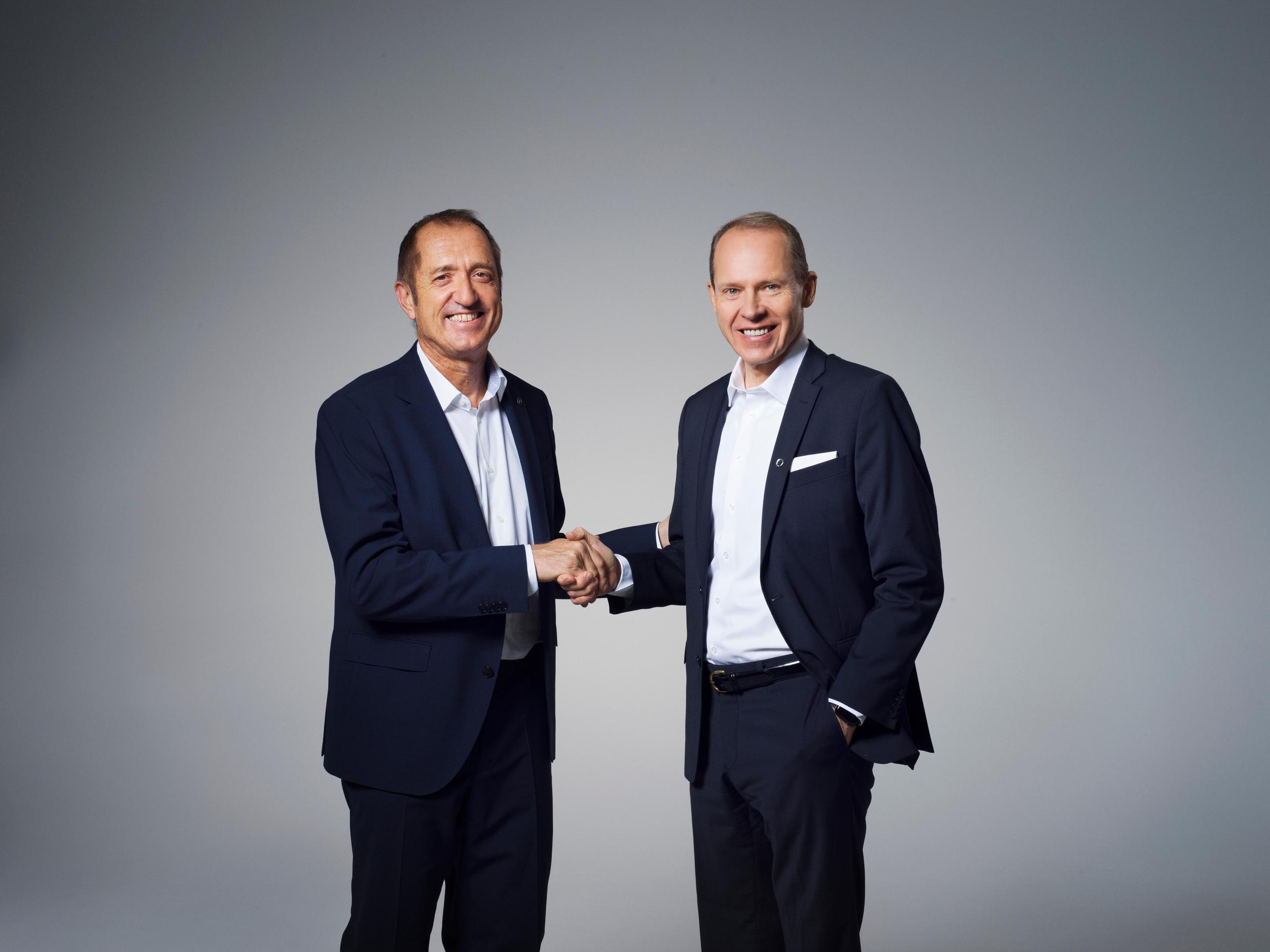We announced in November that Outokumpu, the global leader in sustainable stainless steel, and CRONIMET, the global leader in recycled stainless steel, are expanding collaboration to further secure the sourcing and retain the supply of high-quality scrap within Northeastern Europe.CRONIMET and Outokumpu share the common values and ambition of decarbonizing the steel industry. Our strengthened collaboration enables both companies to focus on their core competencies.
Accelerating circularity for fighting the climate
The continuous supply of high-quality stainless steel scrap is an important factor in maintaining and increasing the industry-highest rate of recycled content of 94% and continuing to achieve the company’s ambitious climate targets.
“For us, it is important that scrap circulates within Europe and does not flow overseas – we need it here. This partnership is one of the many ways to ensure our cost competitiveness as part of our sustainable development commitment. This collaboration enables us tofurther minimize the use of primary raw materials while increasing the use of recycled materials. Eventually, we are accelerating circularity in Europe,” says Heikki Malinen, President and CEO at Outokumpu.
“The partnership will clearly help lower the stainless steel industry’s carbon footprint and contribute to combating climate change,” says Jürgen Pilarsky, CEO at CRONIMET Holding GmbH.
Outokumpu has the lowest carbon footprint in the stainless steel industry, 70% smaller than the global average*, which is a competitive advantage for us. “The better the quality and the closer the scrap is sourced, the smaller the carbon footprint of our production, allowing Outokumpu to decrease the supply chain emissions further,” Marc-Simon Schaar, Chief Procurement Officer at Outokumpu, points out.
Power of regional partnership
To accelerate circularity, Outokumpu and CRONIMET have a shared ambition on regional development in the Northeastern market area.
“This is a great example and benchmark for regional partnerships in our industry capitalizing on the geographical proximity of our sites in Northeastern Europe: Local scrap being processed and shipped under the most optimized conditions. The European stainless steel scrap recycling industry is already quite developed,” notes Jürgen Pilarsky.
By collaborating we can further minimize the use of primary raw materials while increasing the use of recycled materials, reduce carbon footprint of the industry, improve process efficiencies and increase scrap stock turnover rates. Partnering with each other businesses can make a positive impact on the environment, society, and their own bottom line.
“Partnering around our value chain and strengthening our sustainability leadership are key priorities in our strategy. We are excited about this partnership with CRONIMET in the Northeastern European market area. Together, we can further strengthen our scrap supply and drive green transition in the industry”, says Marc-Simon Schaar.
Innovation and mutual learning besides collaboration on material
Outokumpu and CRONIMET have also agreed to cooperate in areas such as joint innovation and research with the goal to improve technologies to further reduce CO2 emissions, lower costs through better predictability and drive waste reduction within the supply chain. Jointly with better scrap quality this will enable an improvement in Outokumpu’s process efficiency.
“I also see our collaboration as a chance for mutual learning and a great opportunity to jointly push efforts on our ambitions for CO2 reduction targets, as we both are committed to the SBTi goals,” says Jürgen Pilarsky.
In November, Outokumpu signed an agreement to acquire a 10% minority interest in CRONIMET North-East GmbH, the holding company for CRONIMET’s Northeastern business in Europe, holding subsidiaries in the surroundings of Outokumpu's European production sites. The completion of the transaction is subject to customary closing conditions and regulatory approvals by the competition authorities.

* Global average CO₂ emissions (2023): 7 kilos of CO₂e per kg of stainless steel (Outokumpu’s calculation based on data provided by CRU and worldstainless).
